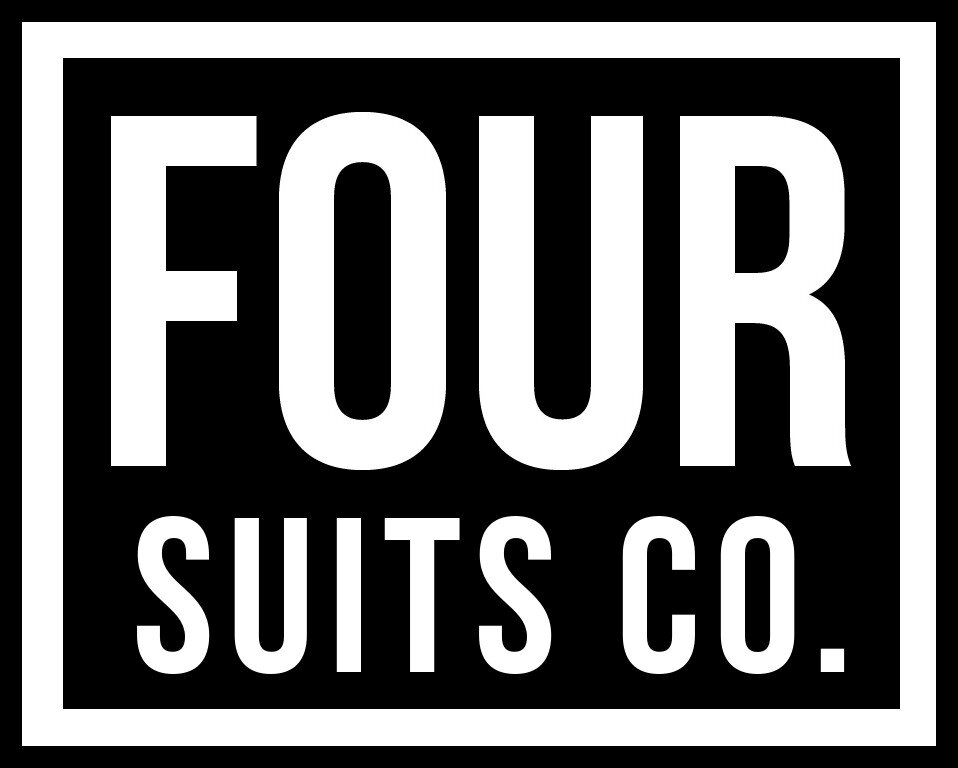Mistakes Were Made
There is a classic trope in mentalism, a type of story that is passed around constantly: that having one or two high-profile misses can actually enhance the rest of the performance, because it seemingly proves their authenticity. Why would they miss if it was just a trick they could do on command? I have read versions of this story in pamphlets from famous mentalists and mediums, in books on methods, and in descriptions of performances, but it never really got through to me…until it happened to me.
I was performing a mentalism/spirit theater show and, through my own carelessness, one of my newer effects simply failed to hit. Learning how to recover from a mistake or failed effect is important and a skill all performers should think about and practice (and a good scripting lesson is to always build your risky or untested effects into a place where it will be easy to recover, or where the flow of effects naturally leads the audience back in line with you), but the recovery is not precisely the question here. The question is, after recovering, how does it affect the rest of the performance, the credibility, and the energy of the audience? I could tell that they were dubious (it was essentially the first effect in my set, so it did not inspire confidence), but I knew the second effect was extremely strong, and built well into the rest of the show, giving me something of an “escape ramp”. Plowing forward, then, I got back on track, and the show proceeded comfortably. By the end of the second effect there was an audible “Oh my god” and I knew everything was fine, but the more interesting reactions were at the end when I had more than one person tell me something along the lines of “I wasn’t sure about you at the beginning, but wow!” and I think that process of change, of bringing them around, is worth thinking about.
These anecdotes traditionally end with something along the lines of “I don’t know if I would intentionally add such a large mistake to my shows, but it definitely makes you reconsider how you use misses to prove authenticity.” While I agree with that, I think my advice is different, and is this: take the long shots. The effect that failed for me was nothing wild, and was the result of my own inattention, but now that I truly know how far I can miss by and still bring the audience back, it makes me think about what much larger and more interesting, risky effects I can attempt knowing that failure truly is an option.
(Obviously this doesn’t apply quite as well to non-mentalism/séance style performance, but I think it’s worth considering.)
— Z.Y.
